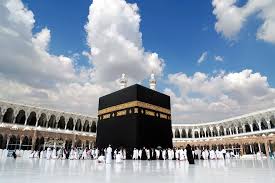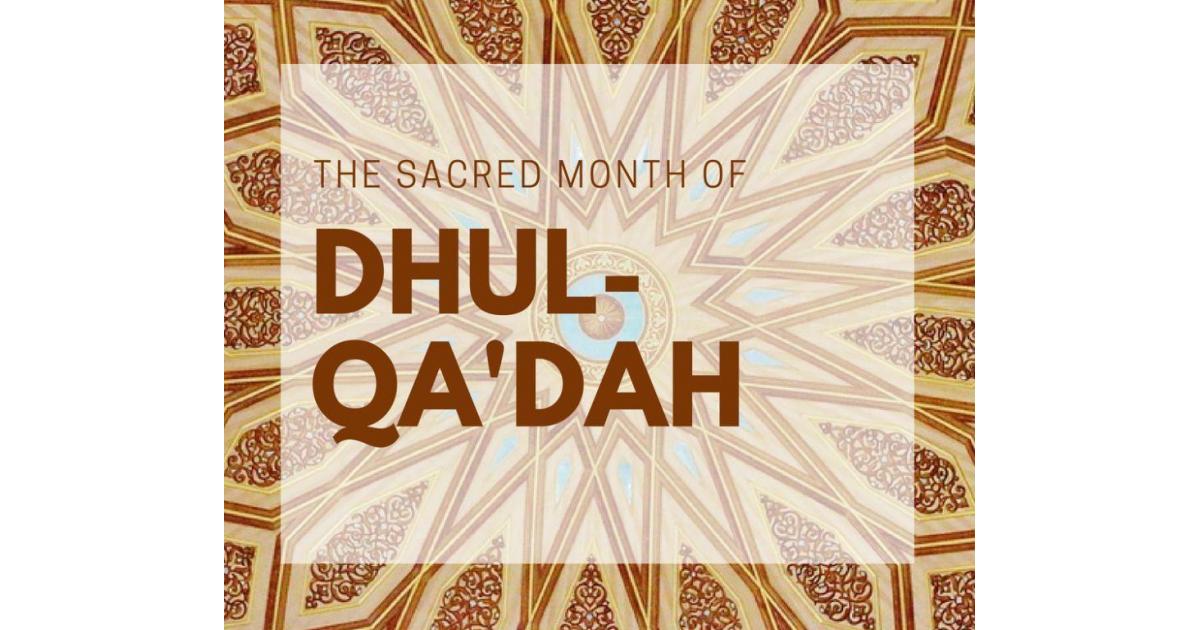Muharram ul Haram is the first month of the Islamic lunar calendar and holds deep significance for Muslims around the world. The month is especially important due to the tragic events of the Battle of Karbala and the observance of Ashura. In this article, we will explore what happened in Muharram ul Haram, including the historical events, the Commemorations and Observances, and the Historical and Spiritual Significance. We will also address some frequently asked questions (FAQs) and provide a conclusion to encapsulate the importance of this sacred month. This detailed article aims to provide clear and easy-to-understand content for readers, ensuring it ranks well on search engines like Google.
The Battle of Karbala
The Battle of Karbala is the most significant event that occurred in Muharram ul Haram. This battle took place on the 10th day of Muharram, known as Ashura, in 680 CE. Imam Hussain ibn Ali, the grandson of Prophet Muhammad, and his 72 companions were martyred by the forces of Yazid ibn Muawiya, the Umayyad caliph.
Background of the Battle of Karbala
Imam Hussain refused to pledge allegiance to Yazid, as he believed Yazid’s rule was unjust and corrupt. To uphold justice and righteousness, Imam Hussain decided to oppose Yazid. His journey from Mecca to Kufa was intercepted, leading to the siege in Karbala.
The Day of Ashura
On the 10th of Muharram, the Battle of Karbala reached its tragic climax. Despite being vastly outnumbered and deprived of water, Imam Hussain and his followers fought bravely but were ultimately martyred. Their martyrdom is a symbol of resistance against tyranny and a testament to their unwavering faith.
Ashura: The Day of Mourning
Ashura is the 10th day of Muharram and is deeply significant for Muslims. For Shia Muslims, it is a day of mourning for the martyrdom of Imam Hussain. For Sunni Muslims, Ashura also holds importance as it commemorates the day when Prophet Moses and the Israelites were saved from Pharaoh by the parting of the Red Sea.
Commemorations and Observances
Shia Muslims
Shia Muslims observe Ashura through various rituals, including:
Recitations of Elegies (Marsiya): Poetic recitations recounting the tragedy of Karbala.
Re-enactments (Ta’zieh): Dramatic portrayals of the events of Karbala.
Processions (Juloos): Public processions expressing grief and solidarity with Imam Hussain.
Chest-Beating (Matam): A form of mourning involving rhythmic chest-beating.
Self-Flagellation (Tatbir): Some communities practice self-flagellation to symbolize their grief.
Sunni Muslims
Sunni Muslims often observe Ashura by fasting on the 9th and 10th days of Muharram, following the tradition of Prophet Muhammad. They also engage in prayers and reflection, remembering the deliverance of Prophet Moses.
Historical and Spiritual Significance
The Historical and Spiritual Significance of Muharram ul Haram is profound. The events of the Battle of Karbala and Ashura emphasize the values of justice, sacrifice, and steadfastness in the face of oppression. Imam Hussain’s stand against Yazid is seen as a powerful symbol of resistance and moral integrity.
Lessons of Sacrifice
Imam Hussain’s sacrifice is viewed as the ultimate expression of devotion to Allah and commitment to Islamic principles. His courage inspires Muslims to uphold justice and truth, even in the face of adversity.
Spiritual Renewal
Muharram is a time for spiritual renewal. Muslims reflect on their lives, seek forgiveness, and strengthen their faith. The rituals and commemorations of Muharram provide an opportunity to draw closer to Allah and reinforce their commitment to Islamic values.
FAQs About Muharram ul Haram
1. What is Muharram ul Haram?
Muharram ul Haram is the first month of the Islamic lunar calendar. It is one of the four sacred months in Islam, during which warfare is traditionally forbidden. The month is marked by significant historical events, particularly the Battle of Karbala and Ashura.
2. What happened in the Battle of Karbala?
The Battle of Karbala took place on the 10th day of Muharram in 680 CE. Imam Hussain ibn Ali and his 72 companions were martyred by the forces of Yazid ibn Muawiya. The battle is a symbol of resistance against tyranny and a testament to the values of justice and sacrifice.
3. What is Ashura and why is it important?
Ashura is the 10th day of Muharram. It is significant because it marks the day of the Battle of Karbala and the martyrdom of Imam Hussain. For Sunni Muslims, it also commemorates the deliverance of Prophet Moses and the Israelites from Pharaoh.
4. How do Shia Muslims commemorate Muharram and Ashura?
Shia Muslims commemorate Muharram and Ashura through recitations of elegies, re-enactments of the Battle of Karbala, public processions, chest-beating, and self-flagellation. These practices express grief and solidarity with Imam Hussain’s cause.
5. How do Sunni Muslims observe Muharram and Ashura?
Sunni Muslims observe Muharram and Ashura primarily through fasting on the 9th and 10th days of Muharram. They also engage in prayers and reflection seeking spiritual benefits and remembering the deliverance of Prophet Moses.
Conclusion
Muharram ul Haram is a month of profound historical and spiritual significance for Muslims around the world. The events of the Battle of Karbala and Ashura serve as powerful reminders of the principles of justice, sacrifice, and resistance against tyranny. Through various Commemorations and Observances, Muslims honor the memory of Imam Hussain and his companions, drawing lessons from their sacrifices.
At thefuturedreams.com, we strive to provide insightful and meaningful content that helps our readers understand and appreciate the rich history and traditions of Islam. By reflecting on what happened in Muharram ul Haram, we can draw inspiration and strength from the timeless values of courage, faith, and righteousness.




